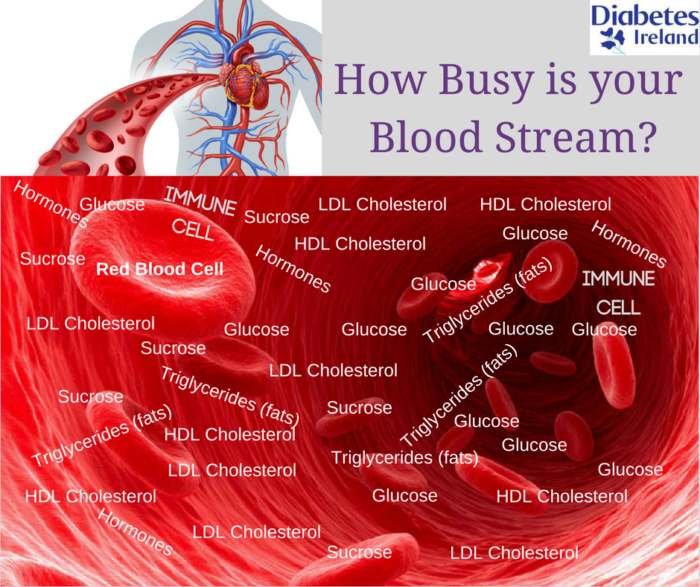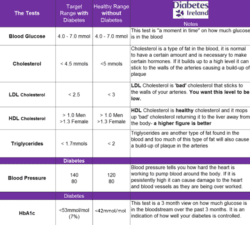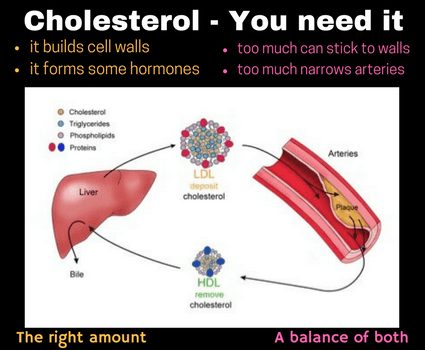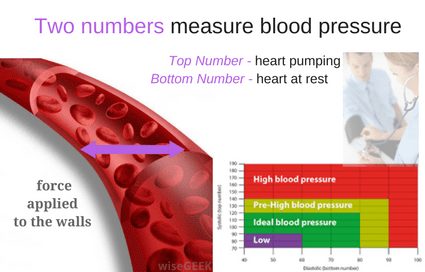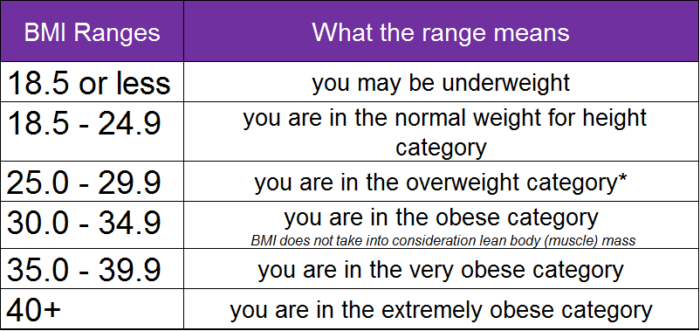 “Get to grips with the numbers…..Be Informed...Stay Well” Clair Naughton, Diabetes Nurse Specialist, Western Region
“Get to grips with the numbers…..Be Informed...Stay Well” Clair Naughton, Diabetes Nurse Specialist, Western Region
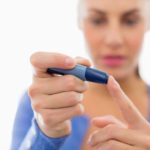 BLOODGLUCOSE When you are diagnosed with diabetes you may be advised to test your blood glucose levels at home using a special monitor and finger prick device. How often you test or the best time of day to test depends on the type of diabetes you have and the medication that you have been prescribed. Follow the advice of your diabetes healthcare team about when and how often to test as everyone is different.
BLOODGLUCOSE When you are diagnosed with diabetes you may be advised to test your blood glucose levels at home using a special monitor and finger prick device. How often you test or the best time of day to test depends on the type of diabetes you have and the medication that you have been prescribed. Follow the advice of your diabetes healthcare team about when and how often to test as everyone is different.
HbA1c (Haemoglobin A1c): HbA1c is a routine blood test that is done as part of your diabetes appointments. It gives an indication of how much glucose has been in your blood over the previous 3 months. Glucose attaches itself to the haemoglobin in the red blood cell. The more glucose there is in the blood the more glucose attaches itself to the haemoglobin. Red Blood Cells last in the body for 120 days so your diabetes healthcare team can see how well controlled your diabetes is during that time.
Individual targets are provided by your diabetes medical team depending on your stage in life i.e. age, if planning pregnancy etc.
CHOLESTEROL is a type of fat in the blood produced by the liver and we also get some from certain foods. There are different type of cholesterol, total cholesterol, HDL, LDL and triglycerides.
HDL is healthy cholesterol and you want this to be high as it protects you against the complications of diabetes.
Regular exercise helps to increase HDL (good) cholesterol
LDL cholesterol, also known as ‘ bad’ cholesterol as it can stick to the walls of your arteries so you want this to be low.
Reducing or avoiding saturated fat helps to reduce the risk of high LDL (bad) cholesterol. Stopping smoking helps heart health.
TRIGLYCERIDES are another form of fat found in the blood and they come from foods. If high, they can increase your risk of complications of diabetes. Lifestyle changes such as weight loss, exercise, smaller portion sizes, avoiding sugary foods and treats, reducing/avoiding alcohol and eating good fats can help to reduce high triglycerides.
Avoid adding salt to food Avoid Alcohol OR drink in moderation
BLOOD PRESSURE shows the work that the heart has to do to pump blood around the body.
Both numbers are of equal importance. In general blood pressure for people with diabetes should be less than 140/80. You may be given a stricter target by your diabetes healthcare team depending on your age, family history, stage in life, age etc.
What is Body Mass Index (BMI)? BMI is a quick way to figure out if your weight is healthy for your height. It is calculated by dividing your weight (in kilograms) by your height (in meters) squared. (BMI=kg/m2)


